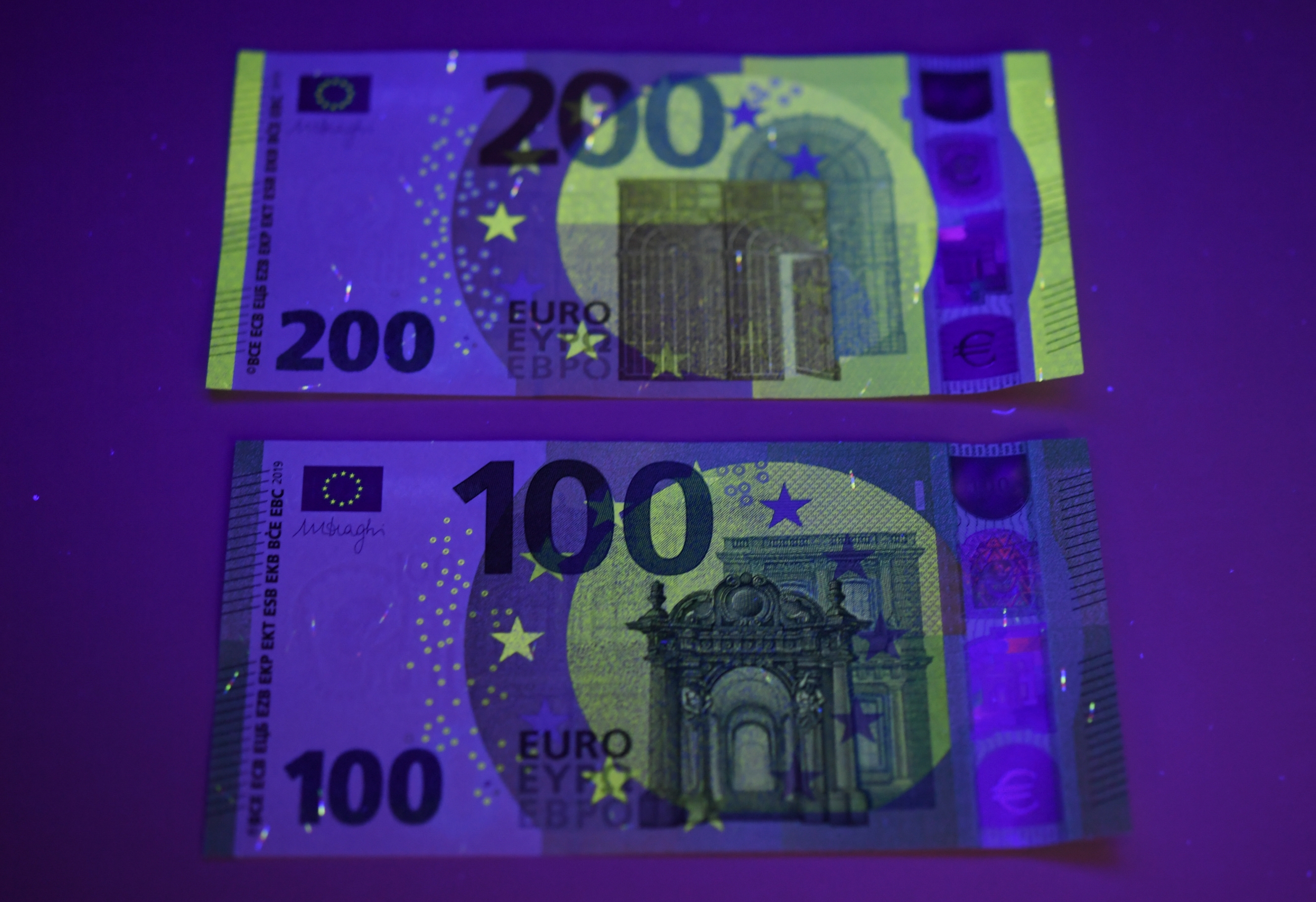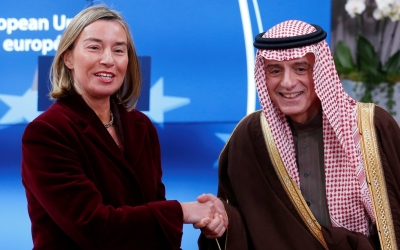EU adds United Arab Emirates and Oman to tax haven blacklist

European Union governments adopted a broadened blacklist of tax havens, adding the United Arab Emirates and British and Dutch overseas territories in a revamp that tripled the number of listed jurisdictions.
The 28-nation EU set up the blacklist in December 2017 after revelations of widespread tax avoidance schemes used by corporations and wealthy individuals to lower their tax bills.
EU finance ministers added 10 jurisdictions to the updated list. They are: the Dutch Caribbean island of Aruba, Barbados, Belize, the British overseas territory of Bermuda, Fiji, the Marshall Islands, Oman, the United Arab Emirates, Vanuatu and Dominica.
They join Samoa, Trinidad and Tobago, and three US territories of American Samoa, Guam, and the US Virgin Islands who were already on the blacklist.
Blacklisted states face reputational damages and stricter controls on transactions with the EU, although no sanctions have yet been agreed to by EU states.
New MEE newsletter: Jerusalem Dispatch
Sign up to get the latest insights and analysis on Israel-Palestine, alongside Turkey Unpacked and other MEE newsletters
Jurisdictions are blacklisted if they have shortfalls in their tax rules that could favour tax evasion in other states. Those who commit to change the rules by a set deadline are removed from the list.
The UAE said it regrets the EU's decision and that it has shared with the bloc a detailed plan of the action it is currently implementing, state news agency WAM reported.
"This inclusion was made despite the UAE’s close cooperation with the EU on this issue and ongoing efforts to fulfil all the EU’s requirements," WAM said.
"The UAE remains firmly committed to its long-standing policy of meeting the highest international standards on taxation, including the OECD’s requirements, and will continue to update its domestic legislative framework in this regard."
EU tax commissioner Pierre Moscovici said the listing process was a great success because it had pushed dozens of countries to abolish "harmful tax regimes".
Decisions on tax matters require the backing of all 28 EU member states.
Pressure from the United States, Saudi Arabia and Panama prompted EU governments last week to block another blacklist of countries that show deficiencies in countering money laundering and terrorism financing.
EU documents seen by Reuters show that Italy and Estonia objected to the new tax haven list, as they opposed the inclusion of the United Arab Emirates.
The EU blacklist originally comprised 17 jurisdictions, including the UAE, but it shrank to five after most listed states committed to change their tax rules.
Last month, the EU’s governing body, the European Commission, added Saudi Arabia to a list of countries seen as havens for money laundering and the financing of terrorism.
Riyadh's addition to the list comes with growing concerns in the EU of the risk that Saudi Arabia poses in relation to terrorist financing, according to internal documents seen by Bloomberg.
Countries are listed if they have "strategic deficiencies in their anti-money laundering and countering the financing of terrorism regimes", according to the commission's working document.
Other countries from the Middle East previously added to the commission's list include Iran, Iraq, Libya, Syria, Tunisia, and Yemen.
Middle East Eye delivers independent and unrivalled coverage and analysis of the Middle East, North Africa and beyond. To learn more about republishing this content and the associated fees, please fill out this form. More about MEE can be found here.





